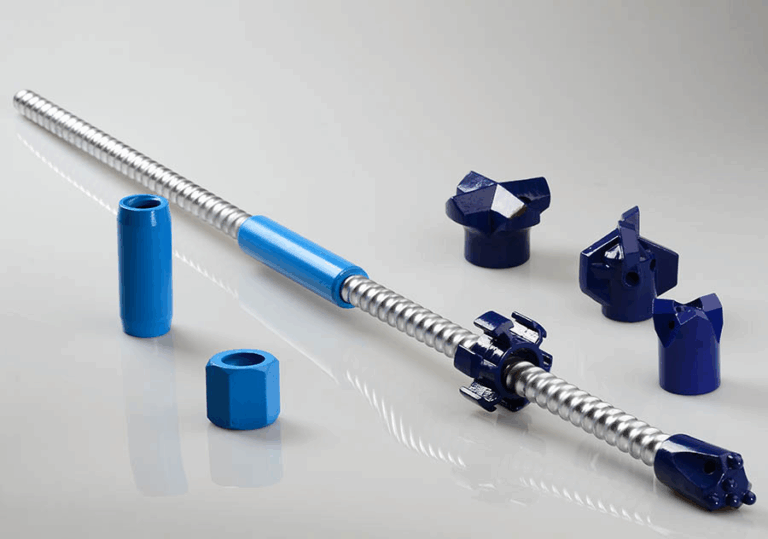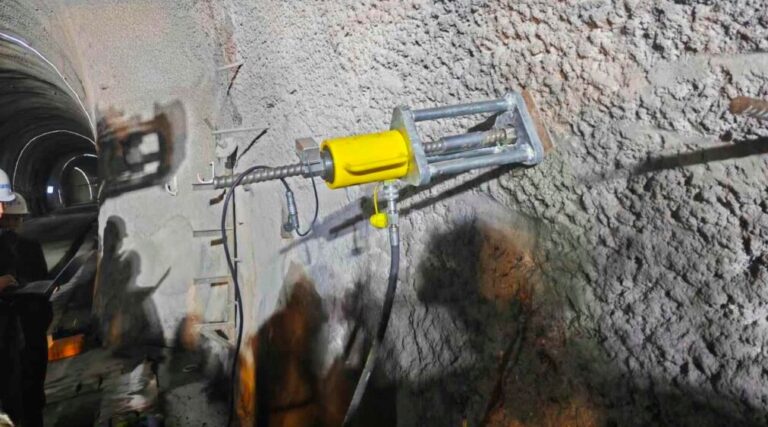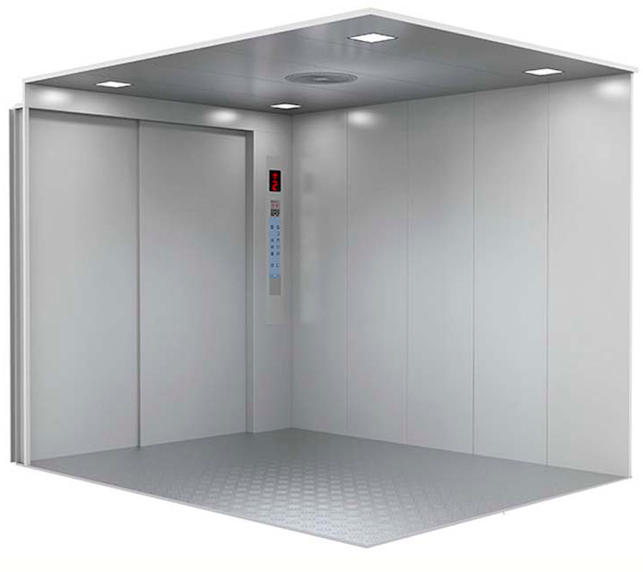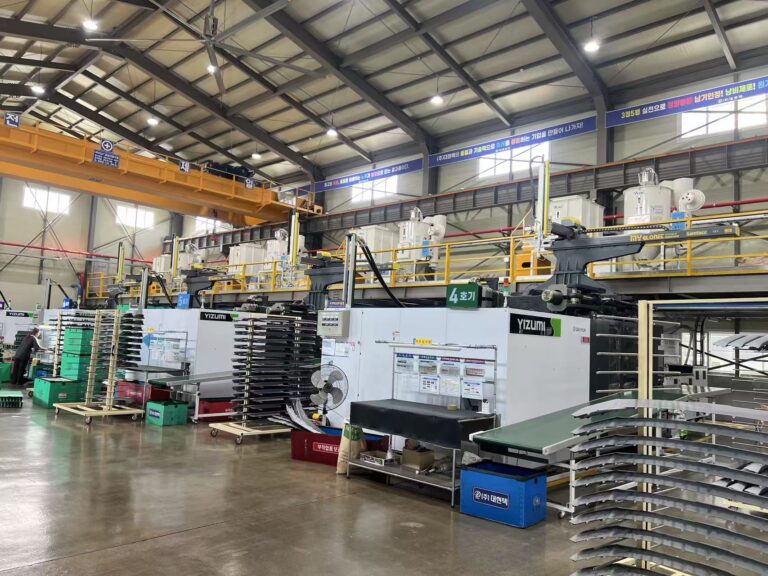目录
Bottle filling and capping machines have become an indispensable component of production lines. These machines streamline the process of filling liquids or powders into bottles and securely sealing them, ensuring product safety and operational efficiency.

1. Function of Bottle Filling and Capping Machines
- Bottle filling and capping machinesare designed to automate the process of filling a predetermined amount of liquid or powder into a bottle and then sealing it with a cap.
- These machines are typically integrated into the overall production line and work seamlessly with other equipment such as labelers, conveyors, and packaging systems.
- The filling process involves precisely dispensing a specific volume of product into a bottle. Various filling methods can be used depending on the type of product being filled.
- After the filling process is complete, the capping machine securely seals each bottle with the appropriate cap, which is critical to product integrity and safety.
- Modern bottling and capping machines are designed to handle a variety of bottle sizes, types, and materials, providing manufacturers with flexibility.
2. Improving the Efficiency of Bottle Filling and Capping Machines
- One of the main reasons why bottle filling and capping machines can are essential in production lines is their ability to increase efficiency.
- Manufacturers can use them to significantly increase production speed while reducing labor costs and the risk of errors.
- Filling and capping machines can process thousands of bottles per hour, making them indispensable equipment for high-volume production lines.
- This level of automation not only reduces the time required for each cycle but also ensures uniformity and accuracy in the filling process, which is crucial for maintaining product consistency.
3. Bottle Filling and Capping Machines Ensure Product Quality and Safety
Quality control is one of the most critical aspects of manufacturing, especially in industries such as food and beverage and personal care products.
- Filling and capping machines help reduce the risk of contamination and ensure that each bottle is filled to the correct level and properly sealed, thereby maintaining high standards of product quality and safety.
- Advanced bottle filling machines can detect problems and automatically stop or correct them, preventing defective products from entering the market.
- For capping, machines are often equipped with torque control systems to ensure that the caps are tightened securely, preventing leaks and ensuring product integrity during transportation and storage.
- Automated filling and capping machines help maintain a hygienic and clean production environment.
They are designed with materials that are easy to clean and sterilize, which is particularly important in industries with strict hygiene requirements.
4. Bottle Filling and Capping Machines Minimize Downtime and Increase Flexibility
- Downtime can be a major issue in the manufacturing industry, leading to production delays and increased costs.
- Filling and capping processes often become bottlenecks when machines malfunction or require frequent maintenance.
- However, modern filling and capping machines are designed to be reliable and easy to maintain, reducing the likelihood of downtime.
- Many of these machines are equipped with self-diagnostic systems that alert operators to potential problems before they become serious issues.These systems enable faster troubleshooting, reducing repair time.
- They can be adjusted to changing production needs. This flexibility is a major advantage, as manufacturers can quickly adapt to new market trends or product innovations.
5.Bottle Filling and Capping Machine Cost-Effectiveness and ROI
While the initial investment in automated filling and capping machines can be high, the long-term benefits far outweigh the cost.
- Manufacturers can achieve a significant return on investment by increasing production efficiency, reducing labor requirements, and minimizing the risk of defects.
- Automation can also save costs by improving energy efficiency and reducing waste, as the machines are optimized for precision and resource management.
The ability to maintain high production speeds and product consistency means manufacturers can meet consumer demands without compromising quality, which is crucial to brand reputation and market competitiveness.
Conclusion
In modern production lines, bottle filling and capping machines are not only the core equipment connecting all links, but also a vital guarantee for improving efficiency, ensuring quality, and reducing labor costs.
Their precise filling and efficient capping capabilities enable companies to maintain stable production capacity and excellent product consistency in the face of fierce market competition.
Choosing a bottle filling and capping machine with stable performance and advanced technology is not only an investment in production efficiency, but also a guarantee for the future development of your company. Let automation inject continuous power into your production, so that every bottle of product carries the quality and trust.
0

